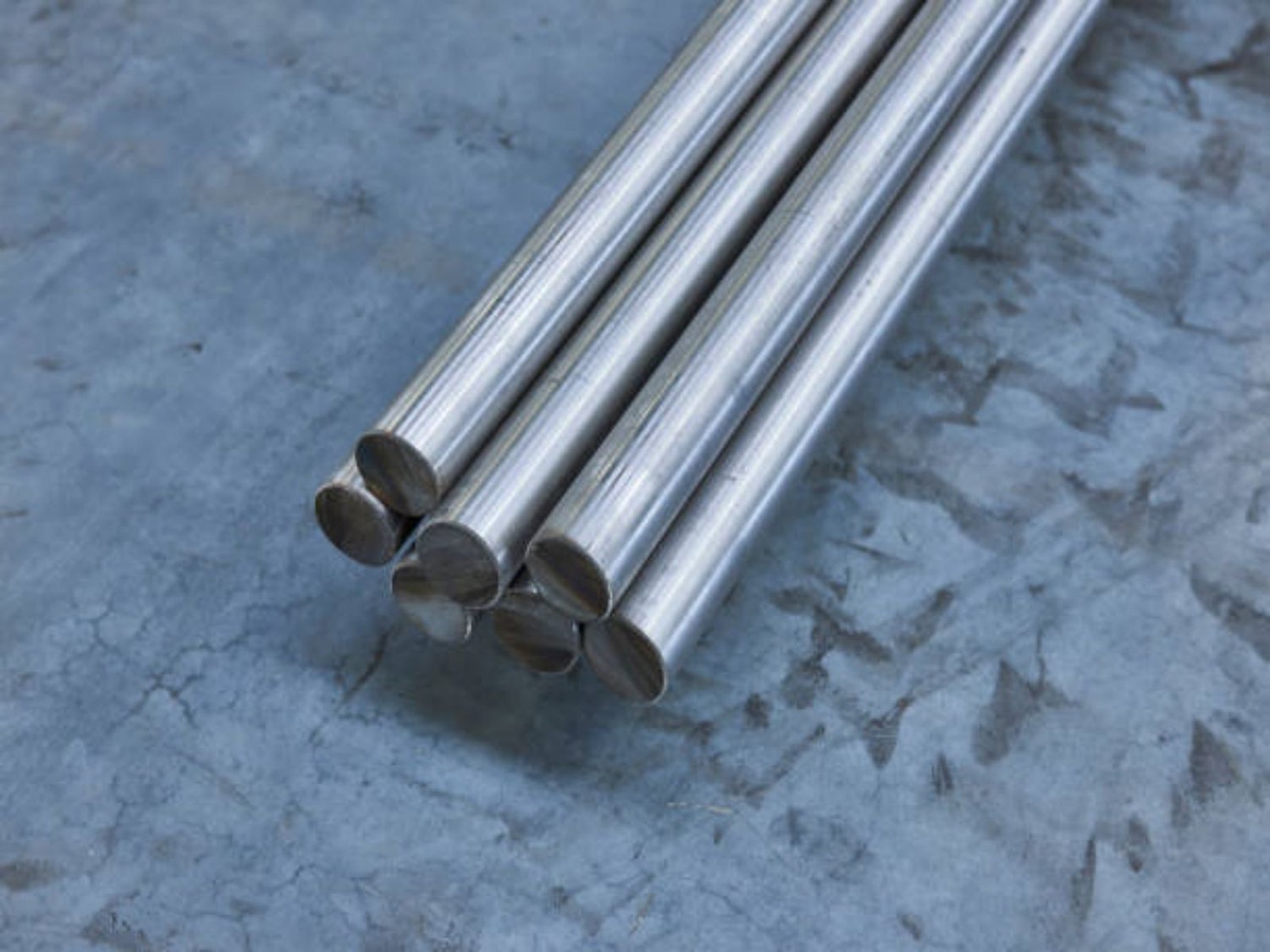Table of Contents

The Versatility of Titanium Bars in Sustainable Manufacturing
Titanium bars have become increasingly popular in sustainable manufacturing due to their exceptional properties and environmental benefits. As industries strive to reduce their carbon footprint and adopt more sustainable practices, titanium bars offer a promising solution. This article explores the various prospects of titanium bars in sustainable manufacturing and highlights their potential for a greener future.
Titanium Bars: A Lightweight and Strong Alternative
One of the key reasons why titanium bars are gaining traction in sustainable manufacturing is their lightweight nature combined with remarkable strength. Compared to traditional steel bars, titanium bars are approximately 45% lighter while maintaining comparable strength. This characteristic translates into reduced energy consumption during transportation and lower material usage, making titanium bars an ideal choice for sustainable manufacturing processes.
Energy Efficiency and Durability of Titanium Bars
Titanium bars exhibit excellent energy efficiency, making them an attractive option for sustainable manufacturing. Their high strength-to-weight ratio allows for the creation of lightweight components, which in turn reduces energy requirements during operation. Additionally, titanium bars are known for their exceptional durability, enabling them to withstand harsh conditions and extended usage. This longevity minimizes the need for frequent replacements, further contributing to sustainable manufacturing practices.
Titanium Bars and Corrosion Resistance
Corrosion is a common issue faced by manufacturers, leading to frequent repairs and replacements. Titanium bars, however, possess exceptional corrosion resistance, making them highly suitable for sustainable manufacturing. This resistance to corrosion ensures a longer lifespan for components made from titanium bars, reducing waste and the environmental impact associated with frequent replacements.
The Recyclability of Titanium Bars
One of the most compelling aspects of titanium bars in sustainable manufacturing is their recyclability. Unlike many other metals, titanium can be recycled without degradation in its mechanical properties. This means that titanium bars can be recycled and reused indefinitely, significantly reducing the demand for new raw materials and minimizing waste.
Titanium Bars and Reduced Carbon Emissions
Reducing carbon emissions is a crucial goal for sustainable manufacturing. Titanium bars contribute to this objective by offering a lighter alternative to traditional steel bars. As mentioned earlier, titanium bars are significantly lighter, resulting in reduced energy consumption during transportation. This not only lowers carbon emissions but also reduces the overall environmental impact associated with manufacturing processes.
Enhancing Energy Efficiency with Titanium Bars
Energy efficiency is a key aspect of sustainable manufacturing, and titanium bars play a crucial role in enhancing this efficiency. Due to their lightweight nature, components made from titanium bars require less energy to operate, resulting in lower energy consumption and reduced greenhouse gas emissions. This makes titanium bars an excellent choice for industries seeking to optimize their energy usage and minimize their environmental impact.
The Cost-Effectiveness of Titanium Bars
Although titanium is generally considered a more expensive material compared to steel, its long-term cost-effectiveness is worth considering. The durability and longevity of titanium bars reduce the need for frequent replacements, saving manufacturers substantial costs in the long run. Additionally, the recyclability of titanium bars further adds to their cost-effectiveness by reducing the demand for new raw materials.
Titanium Bars and Design Flexibility
Another advantage of titanium bars in sustainable manufacturing is their design flexibility. Titanium can be easily shaped and molded, allowing manufacturers to create complex and intricate components. This design flexibility opens up new possibilities for innovative and sustainable designs, enabling industries to push the boundaries of sustainable manufacturing.
The Future of Titanium Bars in Sustainable Manufacturing
The future of titanium bars in sustainable manufacturing looks incredibly promising. As industries continue to prioritize sustainability, titanium bars offer a range of environmental benefits, including reduced carbon emissions, energy efficiency, recyclability, and corrosion resistance. Their lightweight nature, coupled with exceptional strength and durability, makes them an ideal choice for a wide range of applications. With ongoing research and advancements in manufacturing techniques, the use of titanium bars is expected to grow exponentially, paving the way for a greener and more sustainable future.
